Neodymium Magnets
Filter Results
Neodymium magnets, a member of the rare earth magnet family, are well known for being the strongest magnets in the world. These magnets have a high resistance to demagnetization are plated (typically with nickel) to protect them from corrosion and chipping. Neodymium magnets are used in an enormous range of applications, including electronics, healthcare, industrial applications, clamps, magnetic separation equipment, and more. BuyMagnets.com offers neodymium magnets in over 250 different shapes, sizes, and strengths.
Featured Neodymium Magnets
-
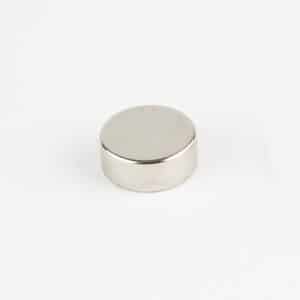
Neodymium Disc Magnets, N55
$0.46 – $5.03 -
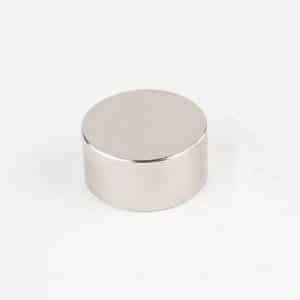
Neodymium Disc Magnets, N52, Plated
$0.22 – $240.04 -
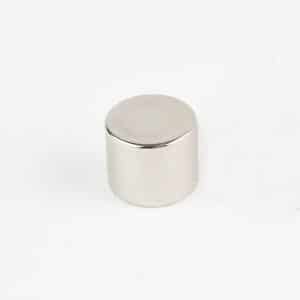
Neodymium Disc Magnets, N42, Plated
$0.12 – $101.62 -
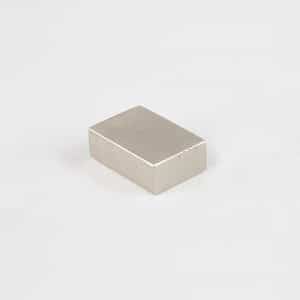
Neodymium Block Magnets, N42, Plated
$0.35 – $19.00
-

Neodymium Disc Magnets, N42, Plated
$0.12 – $101.62 -

Neodymium Disc Magnets, N50, Plated
$0.29 – $3.75 -

Neodymium Disc Magnets, N52, Plated
$0.22 – $240.04 -

Neodymium Disc Magnets, N55
$0.46 – $5.03 -
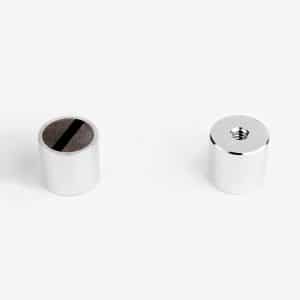
Neodymium Assemblies, Center, Tapped
$1.56 – $24.86 -
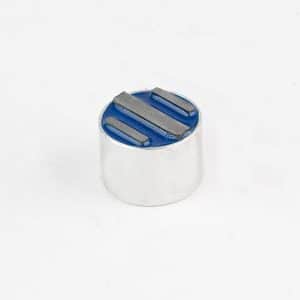
Neodymium Assemblies, 2-Pole and 3-Pole
$12.00 – $32.00 -
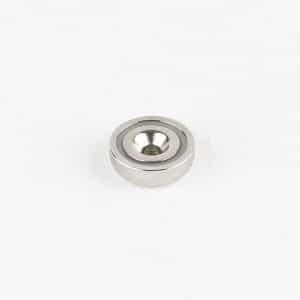
Neodymium Pot Magnets, BNA Series, Countersunk
$1.08 – $50.35 -
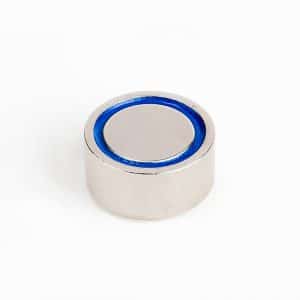
Neodymium Assemblies, Concentric, Tapped
$18.00 – $68.00
4493 -
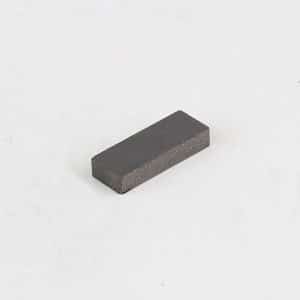
Bonded Neodymium Block Magnets
$0.12 – $174.13
5034 -
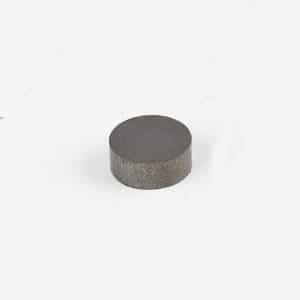
Bonded Neodymium Disc Magnets
$0.48 – $20.47
4192 -
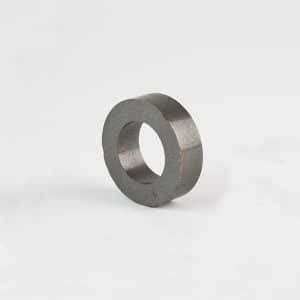
Bonded Neodymium Ring Magnets
$6.16 – $40.26
4440 -
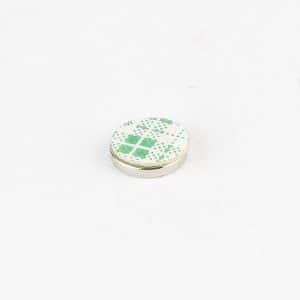
Neodymium Adhesive Disc Magnets, N35, Plated
$0.36 – $0.73
4383 -

Neodymium Adhesive Disc Magnets, N42, Plated
$0.41 – $0.56
4471 -
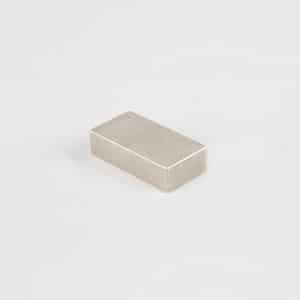
Neodymium Block Magnets, N35, Plated
$0.83 – $56.69
4482 -

Neodymium Block Magnets, N38, Plated
$0.50 – $13.00
4736 -
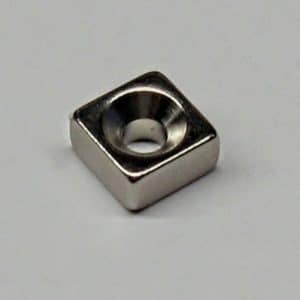
Neodymium Block Magnets, N42, Countersunk
$0.97
4451 -

Neodymium Block Magnets, N42, Plated
$0.35 – $19.00
4447 -

Neodymium Block Magnets, N45, Plated
$0.46 – $3.75
4398 -
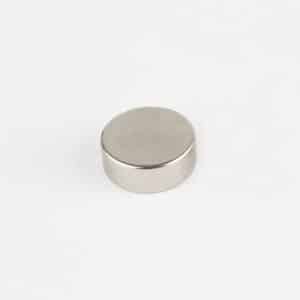
Neodymium Disc Magnets, N35, Plated, High Temp
$0.51 – $28.35
4414 -
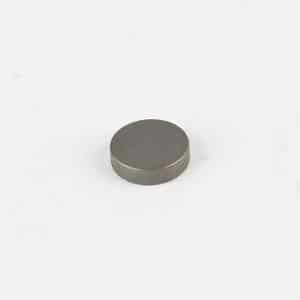
Neodymium Disc Magnets, N35, Unplated, High Temp
$0.54 – $5.33
4524 -
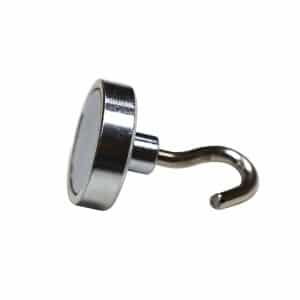
Neodymium Hook Magnets, BTN Series
$2.32 – $10.83
4241 -
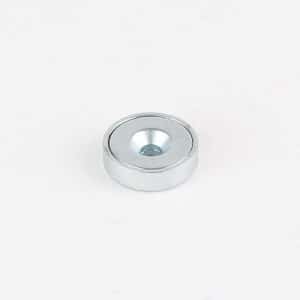
Neodymium Pot Magnets, BN6 Series, Countersunk
$1.08 – $3.98
4206 -
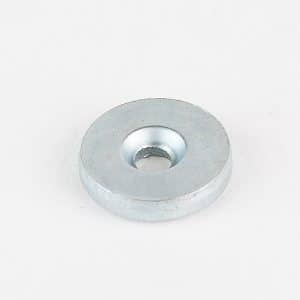
Neodymium Ring Magnets, Countersunk
$0.66 – $7.99
4199 -
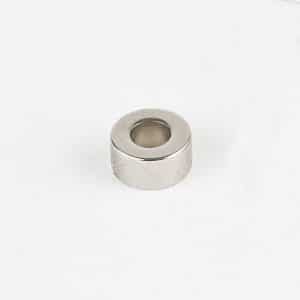
Neodymium Ring Magnets, N35
$1.56 – $18.76